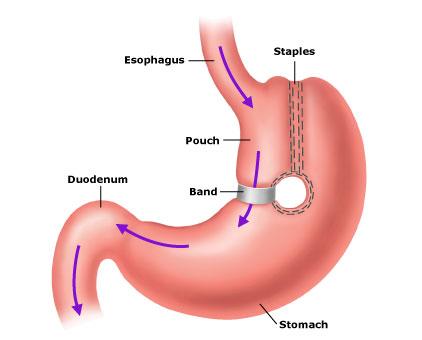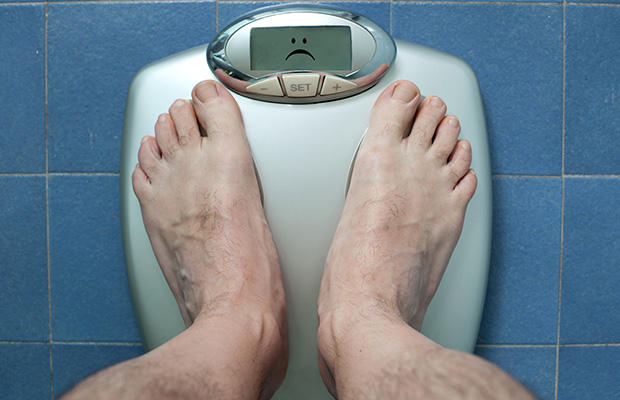Women who ate a morning meal also enjoyed an uptick in some dopamine-related hormones—feel-good chemicals that are tied to fullness. (Among obese individuals, experts have found that the dopamine response is often blunted, which can lead to over-eating.)
When it came to both food cravings and dopamine-related metabolites, the high-protein breakfast eaters experienced the best results. Also, all of these breakfast benefits lasted for up to four hours, meaning the morning meal got the women to lunch without wanting to snack on unhealthy treats, the study data show.
The key is to eat some protein in the morning, says study coauthor Heather Leidy, PhD, an assistant professor of nutrition at Mizzou's School of Medicine. She says protein appears to jack up the levels of reward hormones in your brain, which help quell your unhealthy cravings.
Past research has also indicated that eating breakfast helps switch off your body's fat-storing processes. Think of it this way: When you skip breakfast, your body goes without food from bedtime until lunchtime. When you finally give it some sustenance, it may store away calories in case you make it wait another 12 to 16 hours for food. But if you eat breakfast, you quiet those fat-storing mechanisms, research suggests.
What are some healthy high-protein breakfast foods? Leidy suggests eggs and Greek yogurt, as well as small amounts of lean beef or pork sausage. Here are 9 Great Breakfast Ideas that feature plenty of protein.




